Research is an essential part of any development in all fields. Every new item in nature or modification of any activities or item can come up only through research.
Through this concept, YASH KRISHI (NGO) is working in the field of agriculture and waste management apart from social work, and helping the children and ladies in skill development. Few fields in which this organization is working are given below in short:
A. Field of natural & organic farming
Few studies being carried out by YASH KRISHI …are:
Capability study between various bio fertilizers & bio pesticides
Self life study of various carriers of Bio incumbent
Bio efficacy trails and similar fields.
B. Waste Management:
There are many types of waste that are generated all over the World and anywhere and everywhere. The broad category of more common wastes is:
Bio degradable waste
Non Biodegradable waste
- NADEP Technology
- Vermicomposting
- Vermi wash
First, two methods are very well known to everyone. Ngo has tried to develop another technology as a Bio decomposer for bio-degradable waste as Activator Plus. In short, it is given here.
Yash Activator Plus is a mixture of cultures of microorganisms specifically developed for accelerating the composting of bio-degradable waste into manure for soil enrichment. It contains cultures of Bacteria and fungi along with enzymes, which facilitate bioconversion of organic waste into a stabilized end product called “compost”
‘Yash Activator Plus”- a microbial consortium has been developed by Yash Krishi – which is highly effective in composting press-mud, flowers, and other biodegradable material collected from rivers/temples, use in STPs, etc. The process of Bio-degradable waste converted into manure is given in the following pictures.
Few views of our Research laboratory
b) Non Biodegradable waste:
- C & D waste (construction and demolition waste) also called Malwa:
Such waste can be used in making bricks or blocks after converting them to aggregate. Then, using such waste to make concrete for making bricks for building construction or blocks for making roadside shoulders or parking lots, etc. The process is shown in the picture below.
2. Polythene waste: A typical waste dump is shown below. There are many types of polythene or similar products which are used as packing material. Also more common is single-use plastic. Few types of polythene and single-use plastic are normally thrown out or lying on the roadside and go as municipal waste. These plastics are non-decomposable. A typical use of such polythene has been tried by YASH KRISHI… as
a. Mix it in Bitumen and convert it to Polymerized Bitumen. Such Bitumen is better water-resistant and can be used for the top surface of the road as a bearing Coat.
b. It can be used in making perforated blocks or slabs. Such plastic is mixed in heated small aggregate at about 150 Deg Cen. Then it can be cast in the form of blocks. Such blocks can be used on roadsides for rainwater harvesting by penetration of rainwater into the ground. Details are given in the research paper attached.
Organizing Seminars and Conferences:
Several National Seminars and conferences have been organized to combine the research efforts of different investigators. Name of some of them are given below. They include National Seminar on “Biotechnology for human & social Welfare”, “Environment protection through Organic farming” etc. A brief list of seminars organized is given below:
- Some Views Taken during the Seminar
- Some Views Taken during the Seminar
- Some Views Taken during the Seminar
- Some Views Taken during the Seminar
Based on the research done in NGO or in coloration with other organization, several articles have been published in various Generals, conferences and other places. The name of some of these articles are:
Facilitating Masters and Ph D. students in carrying out research activities at SHUATS (an agricultural University in Allahabad) in collaboration with NGO.
Several students do research projects at the laboratory of NGO & field projects at YASTK’s experimental farm. For experiments in Bio technology they carry out trials at our 5 hector farm in Village Kulhadia, Block Kaundhiara, Allahabad which is attached to NGO.

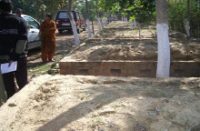
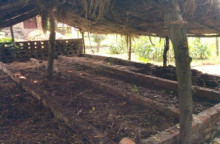
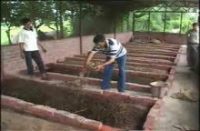
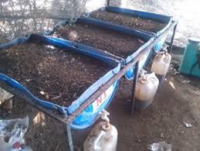
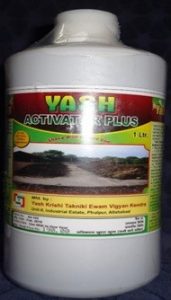
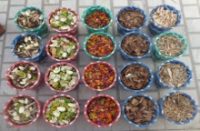
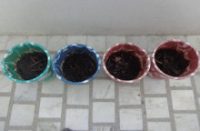
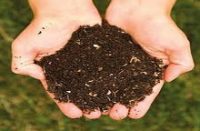

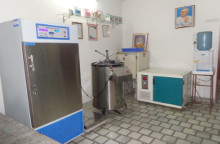
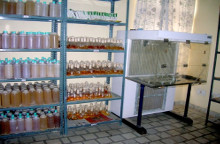
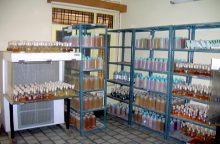
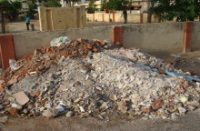

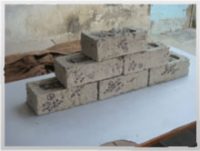
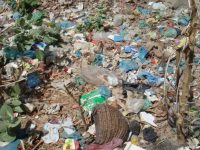
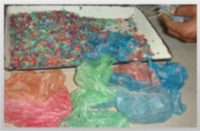
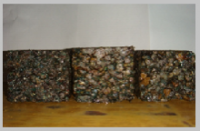
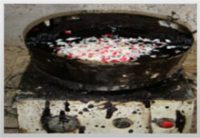
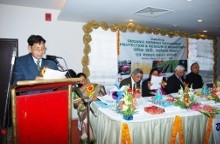
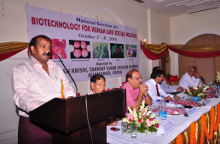
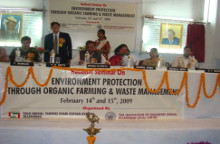
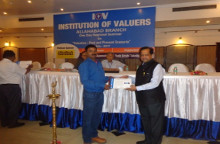
a) Most Biodegradable wastes are agriculture waste, Kitchen waste, some municipal waste, etc. These can be converted to soil manure by some of the following methods: